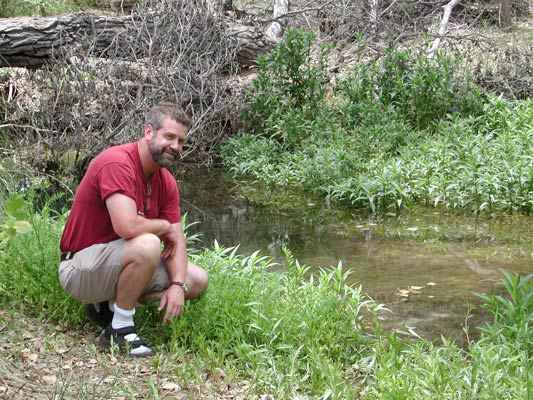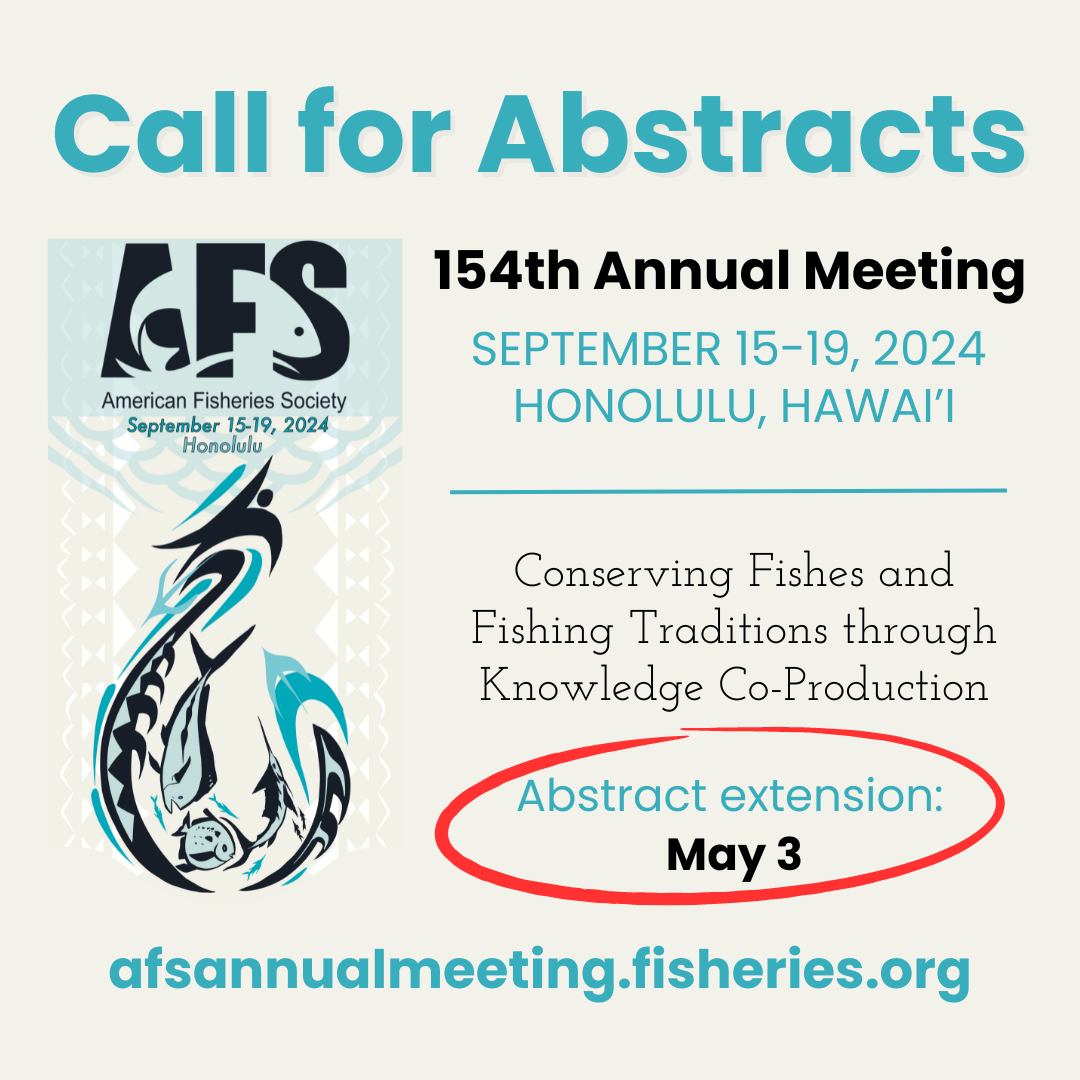 FOR RELEASE: September 15, 2016
FOR RELEASE: September 15, 2016
Contact: Martha Wilson
E-mail: [email protected]
301-897-8616 x233
(Bethesda, MD) – Dr. Scott Bonar’s election as second vice president of the American Fisheries Society (AFS) was made official at the organization’s annual meeting in Kansas City, Missouri, last month. This vote will make Dr. Bonar president of AFS in 2020-2021, during the organization’s 150th anniversary.
“Dr. Bonar brings an array of expertise and passion to AFS that will make him a crucial part of the Society’s leadership team, both in the short and long-term,” said AFS Executive Director Doug Austen.
Dr. Bonar is an Associate Professor of Natural Resources at the University of Arizona and Leader of the USGS Arizona Cooperative Fish and Wildlife Research Unit. “I tell my students that we live in one of the most important times in history to be a part of the natural resource profession, be it fisheries, wildlife, or another discipline…Fisheries scientists, and the upcoming generation will have a major role to play in helping the public learn to live sustainably with our resources,” said Dr. Bonar.
He has conducted award-winning natural resources work in natural resources programs of state and federal government, universities, and private industry for over 25 years, authoring over 100 publications and supervising over eighty employees. His unit won the highest award in the nation for relations with cooperators, and science respectively. He holds a B.S. degree in Science Education from the University of Evansville and a Ph.D. in Fisheries Science from the University of Washington.
Dr. Bonar’s fisheries work focuses on management and biology of fishes in the Western United States. He and his students have conducted research on fish-habitat relationships, interactions between native and nonnative fishes, rare fish propagation and fish diseases. He led over 250 biologists from 107 agencies, universities and private organizations to standardize freshwater fisheries monitoring in North America, the first time this has been done on such a large scale in history.
He was president of the Western Division of AFS, and has spoken to a diverse array of groups both nationally and internationally, most notably, the NATO Environmental Security Council in Brussels, Belgium, and international fisheries conferences in North America and Europe. Dr. Bonar is familiar with a wide variety of aquatic ecosystems. He grew up in the large river and cypress swamp country of Southwestern Indiana and Kentucky; and studied and worked in the Puget Sound region of western Washington before moving to the deserts of the American Southwest.
Dr. Bonar is known for working with students, agency personnel, academics and the general public to tackle critical practical problems related to fisheries management and conservation of natural resources. He said he realizes that conservation of natural resources is ultimately best for people, and their future well-being is closely tied to how well they respect the land and the fish, wildlife and plant populations that live there. Dr. Bonar says he believes strongly that natural resources professionals need strong communication skills to be effective, and teaches and researches communication skills in conservation in addition to his fisheries work.
# # #
Founded in 1870, the American Fisheries Society (AFS) is the world’s oldest and largest fisheries science society. The mission of AFS is to improve the conservation and sustainability of fishery resources and aquatic ecosystems by advancing fisheries and aquatic science and promoting the development of fisheries professionals. With five journals and numerous books and conferences, AFS is the leading source of fisheries science and management information in North America and around the world.


 FOR RELEASE: September 15, 2016
FOR RELEASE: September 15, 2016


